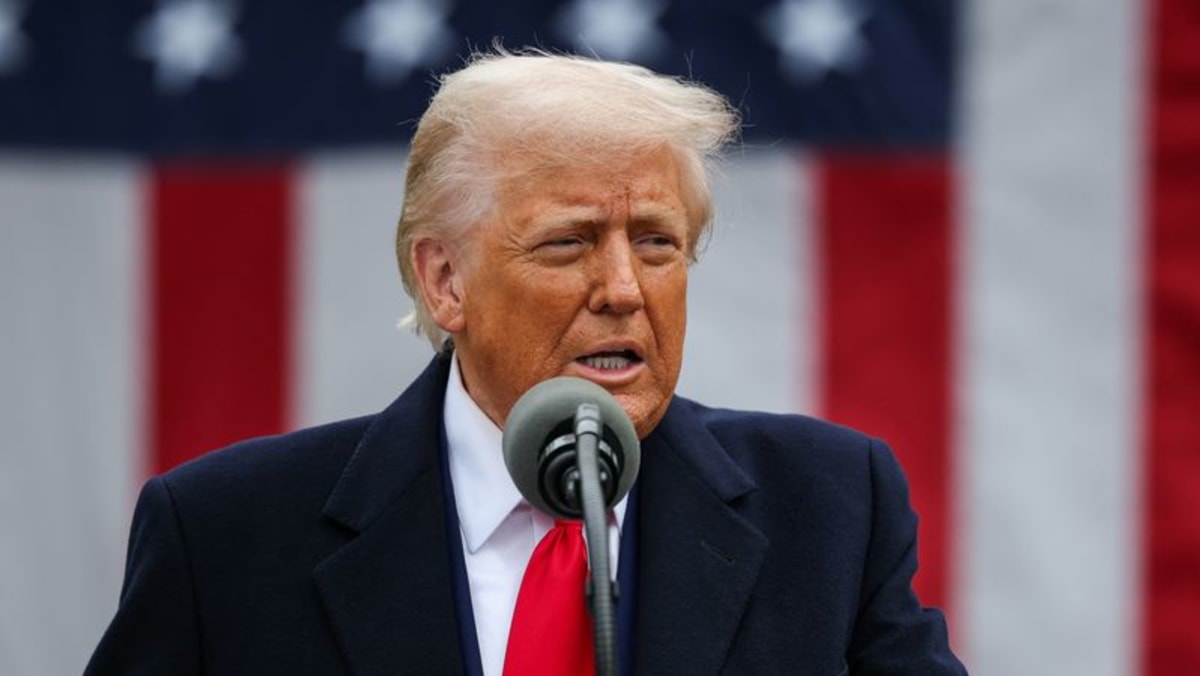IRAN FAVORS INDIRECT NEGOTIATIONS
Hours before Trump’s announcement, Iranian Foreign Ministry spokesperson Esmail Baghaei said Iran was awaiting a US response to Tehran’s proposal for indirect negotiations. He said the Islamic Republic believed it was making a generous, responsible and honorable offer.
After Trump spoke, a senior Iranian official, speaking on condition of anonymity, told Reuters: “The talks will not be direct … It will be with Oman’s mediation.” Oman, which maintains good relations with both the US and Iran, has been a longtime channel for messages between the rival states.
Iran’s Nournews, affiliated with the country’s top security body, described Trump’s statement about a planned direct meeting as part of a “psychological operation aimed at influencing domestic and international public opinion”.
A second Iranian official, speaking on condition of anonymity, said over the weekend there was possibly a window of around two months to reach a deal, citing worries that Iran’s longtime foe Israel might launch its own attack if talks took longer.
Netanyahu, who has shown little support for US negotiations with Iran, said if diplomacy could prevent Tehran from ever getting nuclear weapons “in a full way, the way it was done in Libya, I think that would be a good thing”.
During his 2017-2021 term, Trump withdrew the US from the 2015 deal between Iran and world powers designed to curb Iran’s sensitive nuclear work in exchange for sanctions relief. Trump also reimposed sweeping US sanctions.
Since then, Iran has far surpassed that deal’s limits on uranium enrichment.
Western powers accuse Iran of having a clandestine agenda to develop nuclear weapons capability by enriching uranium to a high level of fissile purity, above what they say is justifiable for a civilian atomic energy program.
Tehran says its nuclear program is wholly for civilian energy purposes.
The White House National Security Council did not immediately respond to a request for details.
The shift comes at a precarious time for Tehran’s regional “Axis of Resistance” which it has established at great cost over decades to oppose Israel and US influence. The axis has been severely weakened since the Palestinian group Hamas’ attack on Israel on Oct 7, 2023, tipped the Middle East into conflict.
Hamas in Gaza and Hezbollah in Lebanon have been hammered by Israel since the Gaza war began while the Houthi movement in Yemen has been targeted by US airstrikes since last month. Israel severely damaged Iran’s air defenses last year.
The fall of Syrian President Bashar al-Assad, another key Iranian ally, has further weakened the Islamic Republic’s influence.
